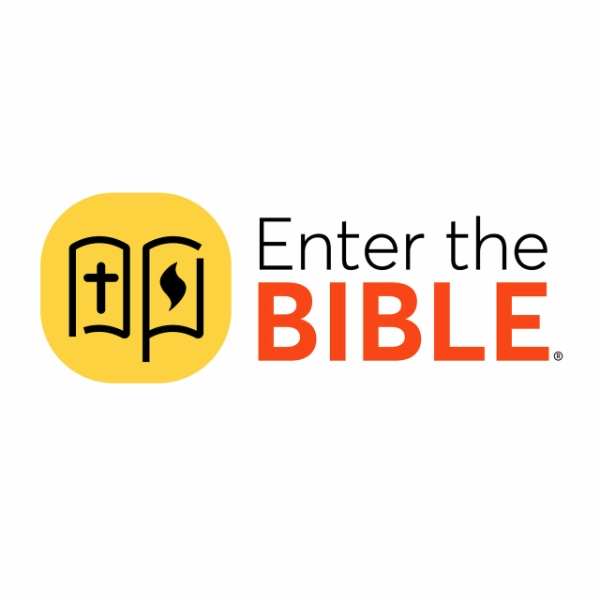The Hidden Agenda Behind How We’ve Been Reading Hebrews All Wrong.
Can you read the Book of Hebrews without displacing the Jews? This crucial question gets to the heart of how Christians interpret one of the New Testament’s most challenging books. In this episode, New Testament scholar Craig Koester explains why centuries of interpretation have wrongly positioned Hebrews as anti-Jewish, tracing this problematic reading back to John Chrysostom’s 4th-century commentary. Koester, author of the Anchor Bible Commentary on Hebrews, reveals how the book was actually written to encourage a small, beleaguered community of Jesus-followers—not to condemn or replace Jewish people.
Rather than promoting displacement theology, Hebrews invites its readers into Israel’s ongoing story and God’s expanding covenant. Koester demonstrates how understanding the book’s original context, audience, and purpose completely transforms its meaning, showing how early Christians saw themselves as participants in—not replacements of—God’s relationship with Israel. This conversation offers essential insights for pastors, Bible study leaders, and anyone seeking to read Scripture responsibly in our contemporary context, where anti-Semitism remains a persistent threat.
BIBLE REFERENCES:
- Book of Hebrews
- Jeremiah 31 (New Covenant passage)
- Leviticus (sacrificial practices)
- Genesis (Melchizedek reference)
- Paul’s Letter to the Galatians (comparative biblical exegesis)
HERE ARE 3 KEY TAKEAWAYS FROM THIS EPISODE:
1. The Anti-Jewish Reading of Hebrews Is a Historical Mistake
The interpretation of Hebrews as demonstrating Christianity’s superiority over Judaism traces back to John Chrysostom’s 4th-century agenda to prevent Christians from participating in Jewish community life.
2. Hebrews Includes Rather Than Excludes
The Book of Hebrews never condemns Jewish people who don’t follow Jesus, but instead shows how Jesus-followers participate in Israel’s expanding story through journey metaphors and covenant language.
3. Understanding Context Transforms Interpretation
Reading Hebrews as encouragement to a discouraged early Christian community—rather than as anti-Jewish polemic—reveals it as a book about God’s expanding grace rather than religious replacement.
RESOURCES MENTIONED IN THIS EPISODE:
- Anchor Bible Commentary on Hebrews by Craig Koester
- John Chrysostom’s 4th-century commentary on Hebrews
MORE FROM US:
- Follow us on Instagram: https://www.instagram.com/enterthebible/
SUBSCRIBE & REVIEW:
If you loved this episode, please take a moment to subscribe and leave a review anywhere you get your podcasts! Thanks for tuning in to the Enter the Bible Podcast! See you next week!



